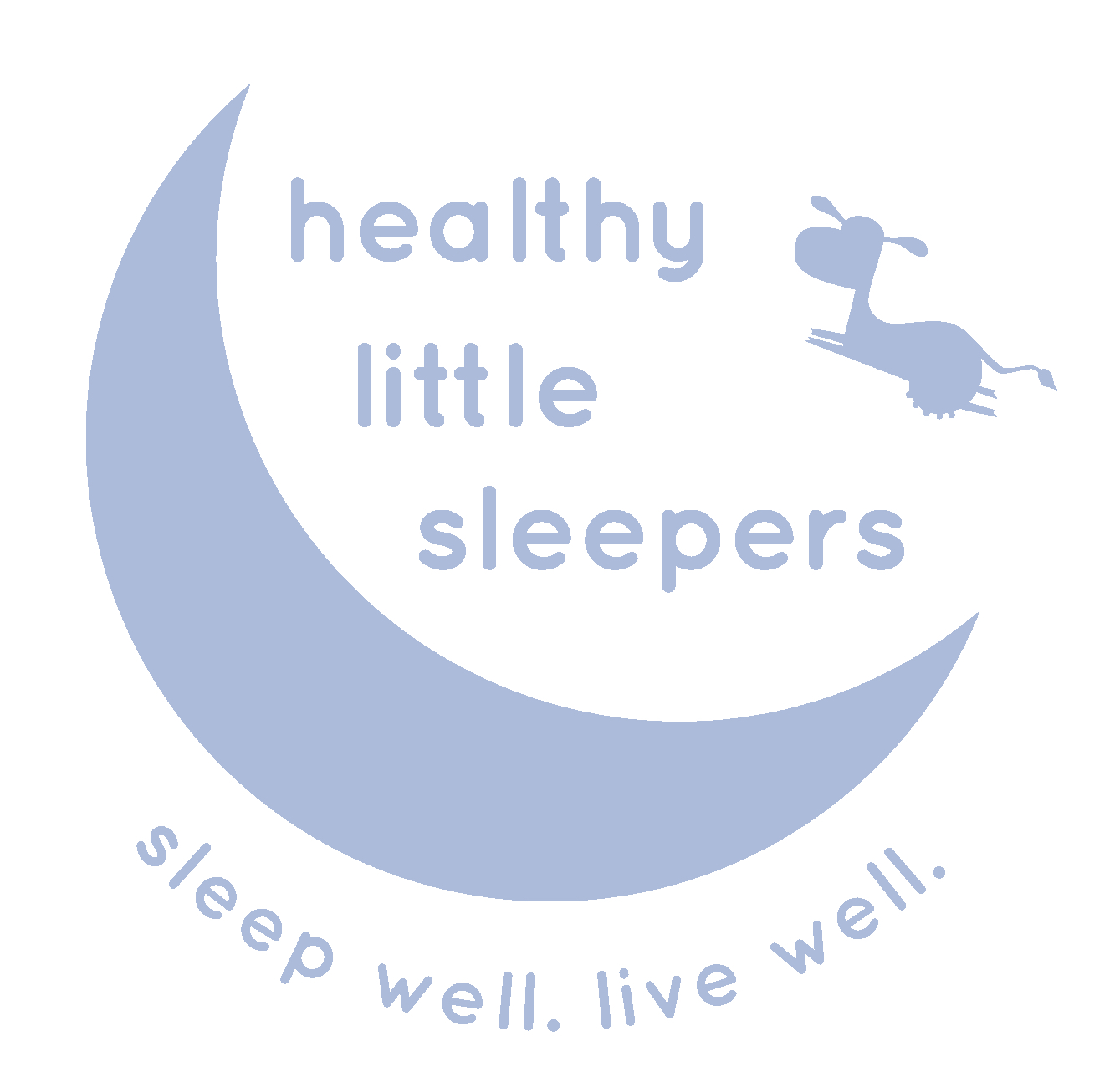How to deal with the after-school meltdown
As the parent of a 6th grader and 4th grader, I have seen my fair share of after-school meltdowns. From being full-out hangry to not having screentime right when they got home and throwing themselves on the floor about it, to saying ''you can’t make me…'' do my homework [or insert whatever thing I wanted them to do].
I’ve seen A LOT!
I would bring a snack at school pick-up ALWAYS because they would opt for playing with friends over eating lunch. I’d create a visual timeline, so they can see when (if) they had screentime (and involve them), and I’d break down homework into 5 minutes of time to start or get the first two problems done and then have a break.
While all of this is helpful pieces of information, not getting mad at them about the big feelings they have after school, understanding how hard they worked all day and how disappointed they feel about no screens is also part of the process of getting through this part of the parenting journey.
Why after-school meltdowns happen
School can be super draining for kids. Kids often struggle with emotional regulation, so it actually takes a lot of energy for kiddos to stay focused, sit still in class, do classwork, and follow all the rules, and younger ones may not be totally used to skipping a daytime nap. That’s why it’s not unusual for them to come home from school physically, emotionally, and mentally exhausted—and by that time, they can be quick to fall apart, melt down, and have a tantrum. They’re tired of behaving all day and their little minds and bodies simply can’t take it a minute longer.
Our job as parents (or caretakers) is to help our littles through these tough moments. And, luckily, helping them navigate their big (exhausted) emotions just requires a few simple changes to help them settle in once their school day is done.
Tips for dealing with the after-school collapse
Give them space to decompress.
Kids need to decompress after a long, hard day, just like adults do. You can create an actual, physical space for your kiddo to wind down (think: a beanbag chair, pillows, a fort, books, coloring books, etc.) or just give them mental space—that means waiting a while before bombarding them with questions about their day or pushing them to immediately start their homework. A simple hug or high five and greeting, like “I’m so happy to see you!,” when they get home is a great way to connect while still giving them space.
Help them refuel.
One of the reasons kids crash after school is because they’re hungry. There’s usually been some time between their lunch time and getting home (and some kids don’t even eat all their lunch!). You can get ahead of that hunger crash by having after-school snacks ready to go as soon as your kiddo comes home. Put out a few favorite healthy snack options and let them take their quiet corner or sit with them while they refuel. Don’t forget to give them a big ol’ cup of water too!
Create an after-school routine.
You hopefully already know the importance of a bedtime routine, but an after-school routine can be just as important! You can prevent homework wars by making sure homework is always (or mostly always) done at the same time in the same clutter-free spot every day. Take cues on homework time from your little; if they like doing it as soon as they get home so they have the rest of the day to play, perfect; if they’re the kind of kiddo who likes to put it off, then doing it after dinner or after a bit of playtime (although I recommend not screentime, because that can lead to other meltdowns) can make things less stressful for everyone. Either way, try to designate a consistent homework time, and stick to it. (And schedule breaks along the way.)
Be present.
When it’s time to start homework, or time to finally hear about your little’s day, make sure you’re fully present. Listen with intent and let your little one speak without attempting to immediately fix things or solve their problems. Spending time playing or reading together—after your little has had some time to decompress on their own—can help them reconnect with you after their long day too.
Make sure your little is getting the healthy sleep they need.
This might actually be the most important tip! A good day starts with good sleep. A tired little one will have a meltdown even if you try every single one of these other tips.
Remember, every kiddo is different, so some of these solutions might work better for your little than others. But overall, routines are super helpful for littles; so whatever seems to work, stick with it and have a little patience. Adults get cranky after a challenging day, so we really shouldn’t expect anything more from our kiddos.
Our Healthy Little Sleepers team is here to support you beyond sleep… we’re here for those after-school meltdown, mid-day collapses, and daytime tantrums too! You can even join our Healthy Little Village and get support from other parents too. Join the HLV by clicking here!

